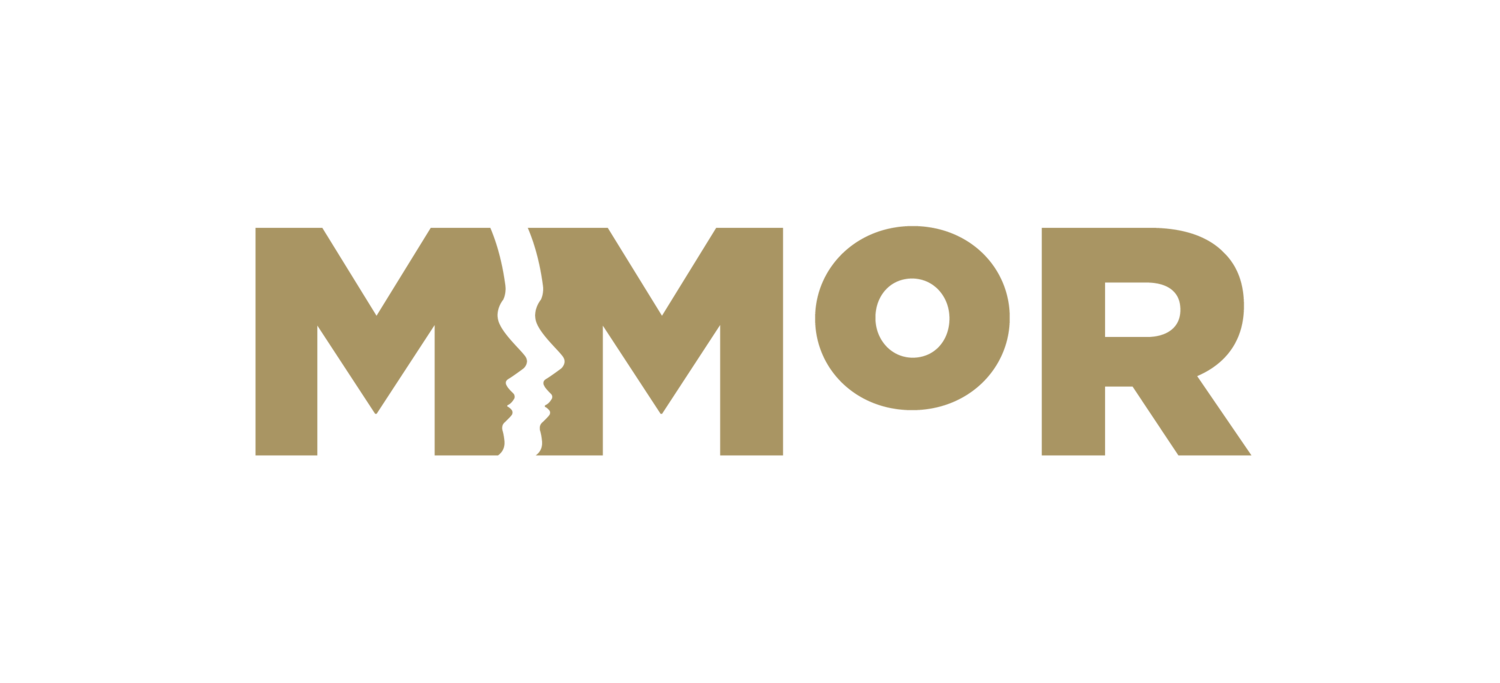
Network Event: London’s Records of Slavery
Online Event: This closed network connects academic researchers with archivists, librarians and curators across private and cultural sectors to explore work on institutional links with the historical slave trade.
May’s network event features talks from within the network.

Conference: Medicine, Slavery, and Race in the Atlantic World
After four full years, the initial funded stage of Medicine and the Making of Race comes to a close in September 2025. To mark its completion, we are delighted to announce our capstone conference: Medicine, Slavery, and Race in the Atlantic World, taking place on 15-17th May 2025 at King’s College London's Strand Campus. Featuring 7 panels across 3 days, plus lightening talks from ECRs, see the full programme here. Book to attend in person here.
Since the seminal work of Todd Savitt and Sharla Fett, scholarship on the relationship between slavery and medicine has been a longstanding subject of historical inquiry. Recent years have seen this work pick up pace, with critical contributions from Rana Hogarth, Suman Seth, Andrew Curran, and a recent collection of essays edited by Sean Morey Smith & Christopher Willoughby.
This scholarship has situated medicine more specifically in the realm of ‘race-making’ with attention to the role of disease in racialisation, to anatomy and theories of “Blackness”, and to biopower and the politics of medicine as an Enlightenment project. The purview of medicine, slavery, and race-making now covers both its contribution to emerging theories of race, but also its racializing practices, which established enduring patterns of inequality and injustice in the provision of treatment and care. The aim of this conference is to bring together those working specifically on medicine, and its relationship with race and/or slavery, in the broadest remit of the Atlantic World.

Caribbean Connections: Seventeenth-Century Barbados and Britain
Organisers: Dr Michael Bennett (University of Sheffield), Dr Misha Ewen (University of Sussex), and Dr Hannah Murphy (MMoR & CEMS, KCL)
Barbados is central to the global history of slavery. The island’s “sugar boom” in the 1640s made it the first and largest “slave society” in the seventeenth-century British empire, whose prosperity was underpinned by plantation-based chattel slavery. By the 1680s, approximately 40,000 enslaved African people were forced to labour in the Barbadian plantation economy, producing sugar and other tropical commodities for sale in European markets. Historians have long been aware that the ideas, practices, and institutions which emerged in seventeenth-century Barbados shaped the development of slavery elsewhere in the English empire, including Jamaica and South Carolina (Dunn, 1972; Roberts, 2016; Bennett, 2023). However, with some notable exceptions, the depth, extent, and strength of the connections between Barbados and English society in the formative period of the seventeenth century remain understudied (e.g. Amussen, 2007; Brewer, 2021; Newman, 2022).
This two-day workshop brings together scholars carrying out new archival research on the history of early Barbados and its reciprocal ties with early modern England, in order to share ideas about methodological approaches and explore whether foregrounding the formative period of the seventeenth century can advance our understanding of slavery, empire, and race-making. For example, we are particularly interested in using insights from histories of gender and intimate networks in the British Atlantic world to understand the role of women and families in these developments (Shaw, 2013; Fuentes, 2016; Livesay, 2018; Walker, 2020; Morgan, 2021; Ewen, 2022; Shaw, 2024).
We are also interested in examining how Caribbean slavery was “brought home” by Barbadian enslavers in the seventeenth century, by tracing their imprint on Britain’s social, economic, political, cultural, and institutional development. How does the presence and influence of Barbadian absentees and their wealth reshape how we think about important moments of political change in seventeenth-century England (e.g. the Civil War from 1642-46, the Restoration in 1660, the effort to centralise governance of the empire in the 1670s, the Exclusion Crisis in 1679-81, and the Glorious Revolution in 1688)? Did Barbadians reinvest wealth derived from enslavement into philanthropic organisations in England (e.g. hospitals, almshouses, schools, churches, and parish-level poor relief), and if so, what are the implications of this for our understanding of English social history in the early modern period? Was the geographical extent of the influence of Barbadians and their slavery-derived wealth confined to major port cities such as London and Bristol in this period, or did it percolate throughout the interior regions of England? What were the experiences of African and African-descended people in seventeenth-century England?
As well as workshop panels, time will be allocated for exploring KCL’s special collections, which includes a copy of Richard Ligon’s History of Barbados (1657) with unique marginalia, providing insights into how Barbadian ideas were consumed and interpreted in England.
Keynote speakers:
Dr Jenny Shaw (Alabama)
Prof Susan D. Amussen (UC Merced)

Book Talk - Humans: A Monstrous History
Join CEMS and MMoR for a talk with Dr. Surekha Davies’ on her newly published book Humans: A Monstrous History (University of California Press, 2025). Dr. Davies tells a history of how humans have created monsters out of one another, from ancient gods to generative AI. The lecture will be followed by a conversation between the author and Dr. Philip Ball, and an audience Q&A.
Taking place at Nash Lecture Theatre, King's College London. The talk will be followed by a reception in the Somerset Room.
Register your attendance here: Tickets
Book Description - Humans: A Monstrous History
A history of how humans have created monsters out of one another—from our deepest fears—and what these monsters tell us about humanity's present and future.
Monsters are central to how we think about the human condition. Join award-winning historian of science Dr. Surekha Davies as she reveals how people have defined the human in relation to everything from apes to zombies, and how they invented race, gender, and nations along the way. With rich, evocative storytelling that braids together ancient gods and generative AI, Frankenstein's monster and E.T., Humans: A Monstrous History shows how monster-making is about control: it defines who gets to count as normal.
In an age when corporations increasingly see people as obstacles to profits, this book traces the long, volatile history of monster-making and charts a better path for the future. The result is a profound, effervescent, empowering retelling of the history of the world for anyone who wants to reverse rising inequality and polarization. This is not a history of monsters, but a history through monsters.
Speaker Bios
Dr. Surekha Davies is a British author, speaker, and historian of science, art, and ideas. Her first book, Renaissance Ethnography and the Invention of the Human: New Worlds, Maps and Monsters, won the Morris D. Forkosch Prize for the best first book in intellectual history from the Journal of the History of Ideas and the Roland H. Bainton Prize in History and Theology. She has written essays and reviews about the histories of biology, anthropology, and monsters in the Times Literary Supplement, Nature, Science, and Aeon.
Philip Ball is a freelance writer and broadcaster, and was an editor at Nature for more than twenty years. He writes regularly in the scientific and popular media and has written many books on the interactions of the sciences, the arts, and wider culture, including H2O: A Biography of Water, Bright Earth: The Invention of Colour, The Music Instinct, and How Life Works. His book Critical Mass won the 2005 Aventis Prize for Science Books. Ball was the 2022 recipient of the Royal Society’s Wilkins-Bernal-Medawar Medal for contributions to the history, philosophy or social roles of science. He trained as a chemist at the University of Oxford and as a physicist at the University of Bristol. He lives in London.

Network Event: London’s Records of Slavery
Online Event: This closed network connects academic researchers with archivists, librarians and curators across private and cultural sectors to explore work on institutional links with the historical slave trade.
April’s meeting is a focus group discussion to discuss the network’s impact, the current state of the field, as well as the current needs of its members.

Work in Progress: The Eve of Slavery with Jennifer Morgan
MMoR is thrilled to welcome Prof Jennifer Morgan back for a discussion of her new work on slavery and freedom in the seventeenth century, centering around Elizabeth Key—the black woman who sued for her freedom in Virginia in 1656.
Prof Morgan is the multi award-winning author of Reckoning with Slavery: Gender, Kinship and Capitalism in the Early Black Atlantic (Duke University Press, 2021) and Laboring Women: Gender and Reproduction in the Making of New World Slavery (University of Pennsylvania Press, 2004). For the enduring and wide-ranging influence of her research, which examines the intersections of gender and race in in the early modern Black Atlantic, she was recently the recipient of a MacArthur Fellowship.
Prof Morgan will pre-circulate the Introduction to her working monograph for discussion. Due to the nature of this workshop, places are extremely limited. Please contact mmor@kcl.ac.uk if you are interested in attending.
This will be taking place in person in London, venue TBC. The workshop will be followed by the IHR Europe 1500-1800 seminar by Lila O’Leary Chambers on a closely related subject and we warmly invite all participants to stay for this event.
Image: Map depicting the Colony of Virginia (according to the Second Charter), made by Willem Blaeu between 1609 and 1638.

Workshop: Slavery and Intimate Violence in Early Modern Europe, with Prof Julie Hardwick
This workshop explores forms of violence integral to slavery as a condition and a practice in early modern Europe. Whilst discourses on slavery and violence in the Middle Passage and on the plantation were central to seventeenth and eighteenth-century abolitionism, and have formed the basis of important scholarship on the Transatlantic Slave Trade, the conditions of slavery within Europe have received substantially less attention, as has the practice of domestic and quotidian violence.
This is workshop of two halves. In the first we will discuss a pre-circulated paper by Prof Julie Hardwick, focusing on enslaved women, domestic violence and the Catholic Church. Prof Hardwick has written extensively about violence, coverture, and communities in early modern France. Here she turns her attention to the presence of enslaved women and the quotidian violence they experienced as a religious, not simply a secular phenomenon.
The second half of the workshop opens out to consider the methodological, ethical and historiographical considerations of accounting for such violence. As all historians of early modern Europe will know, evidence for the presence of Black and Afro-descended people in local records is often fragmentary and diffuse. This can (and has) lead to a ‘flattening’ of the conditions in which they lived and in particular of the violence endured by individuals and wrought by domestic enslavers. We invite all participants to contribute source material in which domestic, intimate, or embodied violence is rendered visible. We will collectively consider how to study and write about this, how to incorporate it into our narratives and understanding of early modern Europe, and how best to make such work ‘accountable’ to the enslaved subjects at its heart.
Due to the nature of this work in progress, attendance is strictly limited. We invite interested participants to contact us ahead of time at mmor@kcl.ac.uk

Katherine McKittrick Workshop
We are co-hosting a workshop with the English department for ECRs on the 26th September, featuring Katherine McKittrick (Queen’s University).
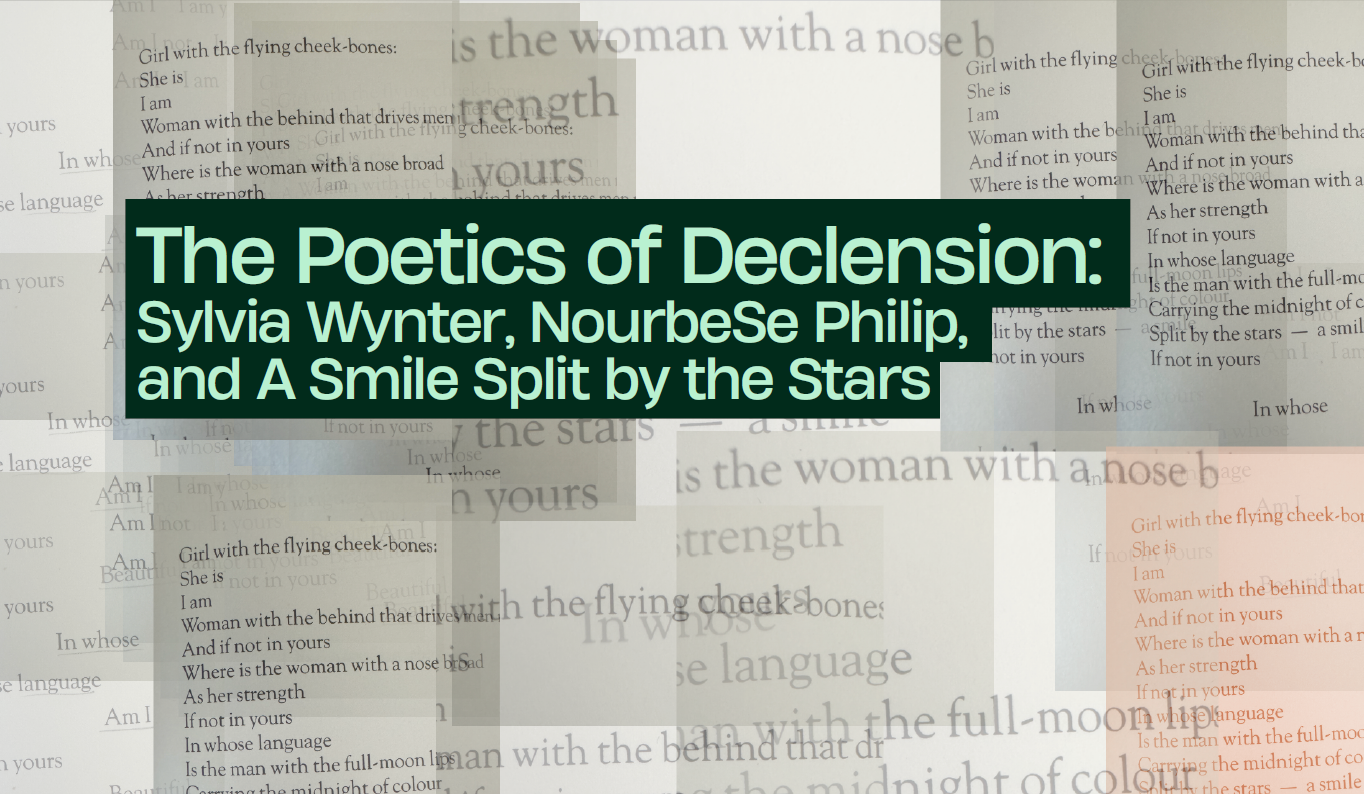
Sylvia Wynter Lecture: Katherine McKittrick
Prof Katherine McKittrick (Queen's University) will be delivering the 2024/2025 Sylvia Wynter lecture: The Poetics of Declension: Sylvia Wynter, NourbeSe Philip, and A Smile Split by the Stars on 25th September at King's College London's Strand campus.
The lecture will begin at 6:30pm and will be followed by a Q&A and drinks reception. This event is hosted by the English department at KCL, in collaboration with the project Medicine and the Making of Race (MMoR)

Workshop: New research on slavery in Barbados wills
Organised jointly with Exeter University’s European Research Council-funded FORMSofLABOUR project.
This workshop brings together researchers who are currently independently engaged in research projects drawing on evidence from Barbados wills to examine the history of slavery between 1627 and c.1750. The tiny island of Barbados was England’s richest colony in the seventeenth century. It was also the destination of 236,725 enslaved Africans during that period, twice the number who were sent to Jamaica, and more than 10 times those sent to mainland north America. Wills illuminate the strong connections between Barbados and England in this formative period of plantation production based on slave labour. This workshop will allow researchers to compare their approaches and discuss plans for future research.

Workshop: Medicine and Race-making in Early Modern Travel Accounts
How were medicine and race-making related in early modernity? How did medical expertise, medical practice, and medical encounters reify and/or disrupt thinking about human difference in the period? Did the identification (or disavowal) of medical expertise itself constitute a form of racial thinking?
In this informal workshop, we will turn to early modern travel accounts as a site for exploring these questions. Over the course of the session, we will discuss a range of pre-circulated source materials from narratives by European travellers, traders, and medical practitioners. We warmly welcome participants with a range of disciplinary expertise to join the conversation!
The workshop will take place in person at King’s College London, S8.08, Strand Campus. Refreshments will be provided, and the session will be followed by a lunch for participants (details TBC).
To sign up, or to ask any questions, please contact eli.cumings@kcl.ac.uk.
Title image: Illustration from 1602 edition of Pieter de Marees, Beschryvinghe ende historische verhael, vant gout koninckrijck van Gunea, p.32.
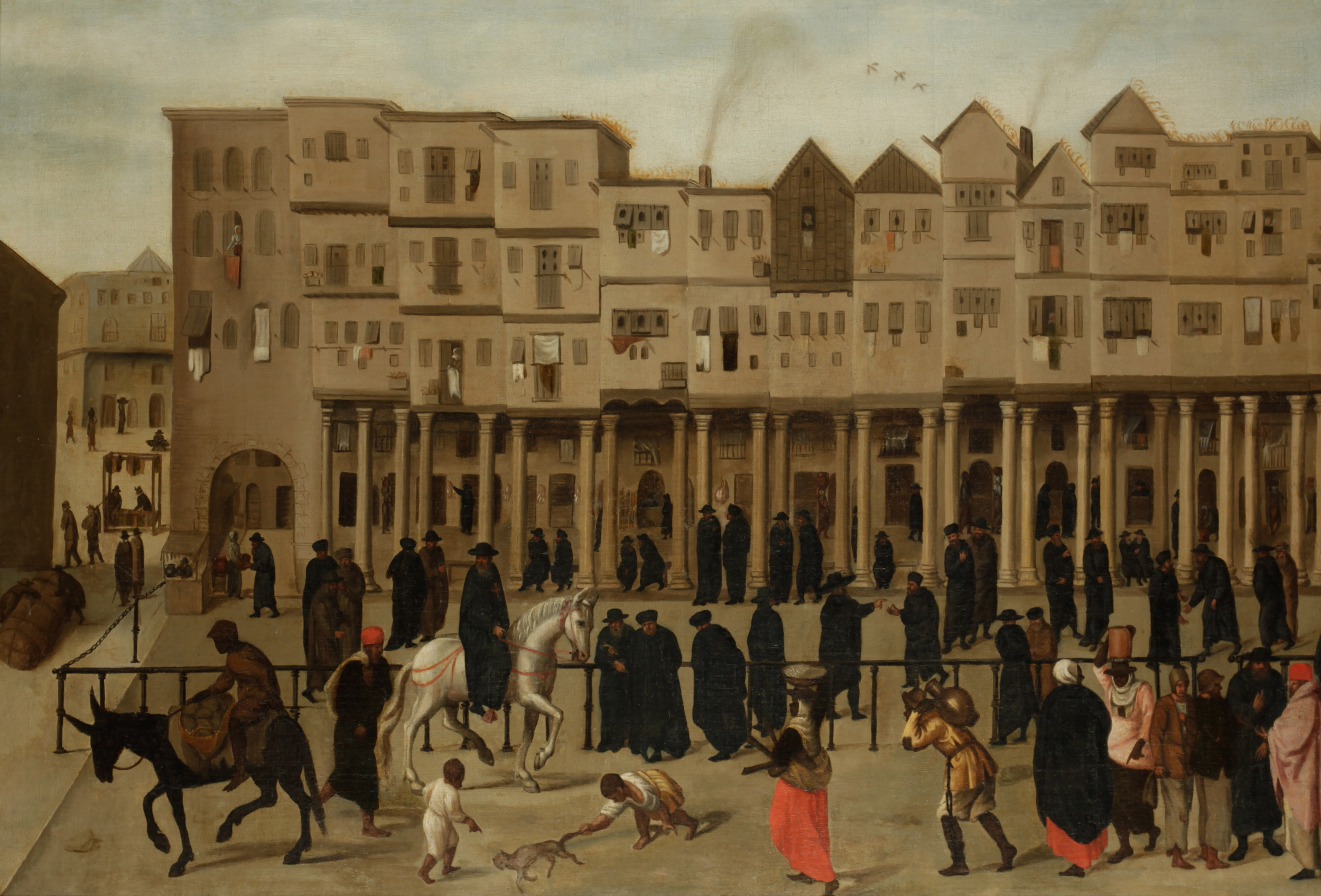
Work-in-progress: Crafting Race in Early Modern Europe
This workshop features two pre-circulated papers addressing different aspects of the relationship between artisans and race-making in early modern Europe. The workshop will take place in person at King’s College London, Bush House room BH (SE) 6.03, Strand Campus. Due to the format, participation at this workshop is limited, but interested attendees are invited to email mmor@kcl.ac.uk.
Zoltan Biedermann
Provisional paper title: ‘Dark Skin, Bright Feathers: Representing Black Africans on a Sixteenth-Century Map’.
Abstract: In 1502, a world map known as the Cantino Planisphere was produced in the royal cartographic workshop in Lisbon. Apart from being a significant scientific artefact illustrating the progress of Iberian explorations in Africa, the New World and Asia, it contains some high-end painted illustrations of tropical birds, landscapes, a Portuguese fort at Elmina, and a group of eight people drawn in black ink. My essay explores the latter, examining why seven of these Black people are represented as dancing naked, without further tools or apparent purpose, around the fort. It also ventures into a consideration of how this scene may be made to resonate with the representation of dancing Africans in Conrad’s Heart of Darkness, transcending epochal boundaries usually held in high regard by Early Modernists.
Joseph da Costa
Paper title: ‘Leonhard Thurneysser’s Natural History of Portugal and the Early Modern construction of race’.
Abstract: In 1555 Leonhard Thurneysser zum Thurn witnessed an auction of West African captives in the commercial thoroughfare of Lisbon, the Rua Nova dos Mercadores. He touched, observed, and described the enslaved people he saw in the market, in the streets, and in the home of his host, Damião de Góis. He commented on their hair and skin, torsos and limbs, through the nuanced European framework of physiognomy, though offering enslaved African peoples only one essentialised interpretation of an African body. In ‘rationalising’ his observations, Thurneysser draws on classical perceptions of natural slavery, medieval understandings of humeral theory and environmental race, as well as early modern knowledge systems. Placing Thurneysser specifically in the context of Portuguese humanist construction of human difference offers insights into the commercial motivations and deployments of developing ‘scientific’ narratives in the expansion of capitalist and political empire.
Image: Rua Nova dos Mercadores (1) - Society of Antiquaries of London, Kelmscott Manor

Network Event: London’s Records of Slavery
Online Event: This closed network connects academic researchers with archivists, librarians and curators across private and cultural sectors to explore work on institutional links with the historical slave trade.
April’s network event features talks from within the network.

“Fictions of Consent”: An evening with Urvashi Chakravarty
We are delighted to welcome Urvashi Chakravarty to King’s College London on March 28th for a programme of events reflecting on her award-winning book Fictions of Consent.
The event, in conjunction with the Centre for Early Modern Studies, will begin with a panel of lightning talks from PGRs and ECRs whose research draws on and responds to the book. This will be followed by a roundtable discussion between Urvashi and various early modernists working within and beyond literary studies.
This event is open to the public, and tickets can be booked here.
Attendees are welcome to join us for a drinks reception from 5pm. The first panel will begin at 5.30, so please be in your seats by then. The second panel will finish at 7.30pm, with some more time for informal conversation afterwards.
This is taking place in The River Room, Strand Campus, King’s College London.
Image: Indenture of apprenticeship for James Holden, Folger X.d.734. Taken by Urvashi Chakravarty.

Reading Group: Thomas Browne
MMoR welcomes Prof Kevin Killeen (York) to King’s to lead a seminar on Thomas Browne and the role of skin colour between religion, science, and medicine in the seventeenth century.
Thomas Browne (1605-1682) was one of the most prolific and interesting medical and theological writers of his day. He was also one of the most poetic and controversial seventeenth-century theorists of skin. In 1646 his Pseudodoxia Epidemica, commonly known as “Vulgar Errors” took an adversarial approach to the dominant ideas about skin colour, particularly to the causes of “Black” skin. But Browne’s own thoughts on skin are less clear, as is the overall effect of his text on ideas of early modern human difference. This informal reading group will explore selected writings by Browne on skin colour, in the context of his thinking, and the broader setting of the seventeenth century. We welcome enquiries from interested researchers who wish to attend, please contact mmor@kcl.ac.uk. This will be taking place in person at King’s College London’s Strand Campus in K0.17.

Network Event: London’s Records of Slavery
Online Event: This closed network connects academic researchers with archivists, librarians and curators across private and cultural sectors to explore work on institutional links with the historical slave trade.
January’s network event featured talks from within the network.

Reading Group: The Politics of Pity in Early Modern Europe
This informal reading seminar brings together interdisciplinary early modernists interested in the history of emotions, particularly sympathy, empathy, compassion, and pity, to read and discuss relevant source material. We are interested in the double-sided nature of pity: how it can build and establish connection, but also how it can border or other its objects. This subject/object relationship of pity has been of interest to thinkers from Aristotle to Rousseau, but how should we historicize this emotional phenomenon and does doing so help us think differently about early modern emotional regimes, particularly as they related to race-making, and the creation of colonial dynamics?
This is an exploratory, open-ended workshop. Ahead of the workshop we will circulate two (optional) conceptual pieces of historiography. All participants are then invited to submit in advance or bring a short piece of relevant source material. Interested participants are invited to contact mmor@kcl.ac.uk. Taking place in person at King’s College London’s Strand Campus.
Image credit: The Seven Works of Mercy, Master of Alkmaar 1504, Rijksmuseum.

Christianity and Racemaking in the Early Modern Atlantic World
A two-day conference taking place in The Council Room at King’s College London’s Strand Campus. Featuring key notes from Heather Miyano Kopelson and Dennis Britton, this conference will explore the complex relationship between religion and race from a variety of disciplinary and methodological perspectives.
Book to attend in person here, or book to watch the online stream here. See the Programme here, and Abstracts and Bios here.
In recent decades, race has been firmly established as a significant category and rich site of analysis in the early modern world. Religion is an essential part of this story. Christian doctrine was the lens through which European explorers, colonizers, and slaveholders understood somatic and cultural difference and, subsequently, the means by which they justified their violent and extractive practices, including the institution of slavery. At the same time, indigenous Americans and Afro-descended people were converting (willingly or otherwise) to Christianity, and, as various scholars have demonstrated, using the principles of spiritual equality and universal Christendom to push back against their subjugation. The existence of black and indigenous confraternities, and the veneration of black saints, likewise offered a means to challenge the associations between racialised identity and reprobation, allowing these groups to lay a claim to full participation in spiritual and social life.

Archives, Slavery & Race-Making Summer School
Hosted by The Centre for Early Modern Studies and Medicine and the Making of Race
A summer school exploring new methodological approaches to the archives of race & slavery in the early modern world. Bringing together leading scholars in a variety of methodologies and disciplines, the school aims to introduce a new generation of researchers to cutting-edge approaches to the field. Featuring master classes from leading scholars including:
· Diana Paton (Edinburgh): Gender and Slavery in the Atlantic World
· Stephanie Smallwood (Washington University): The Middle Passage
· Farah Karim-Cooper (The Globe/KCL): Race and Contemporary Performance
· Alexandre White (Johns Hopkins University): Sociological Approaches to Archives of Slavery
· Tamara Walker (Barnard): Visual and Material Culture
We are pleased to be joined by the following participants:
Andreina Soto, Jareema Hylton, Clifton Sorrell, George Clay, Zaria El-Fil, Halle-Mackenzie Ashby, Lily Filson, Achille Marotta, Jazma Sutton, Amalia Levi, Hannah Lee, and Jamie Gemmell

Slavery, Race and Health in the Global Mediterranean
An MMoR sponsored workshop taking place at King’s College London on Friday 30th June.
The aim of this workshop is to bring together historians working on slavery/race across the early modern global Mediterranean (extending into the Atlantic) to explore meaningful ways of working towards a more inter-connected and shared research agenda that sets health studies at its centre.
The concept of ‘health’ is to be understood in broad terms, including practices and institutions related to healthcare, preservation and prevention of health, healing, medical inspections as well as the production and cross-cultural exchange of medical knowledge.
To provide an ample and diverse perspective as well as generate insightful discussions on sources and approaches, the workshop’s participants are coming together from across Europe, the UK and North America, covering research loci that span from the Canary Islands, Spanish coastal regions and Balearic Islands to Malta, Italian port cities, and the East Adriatic region, including interwoven Ottoman experiences.
Taking place in S8.08 History Seminar Room, Strand Campus. This is a closed workshop but we welcome interested participants. If you would like to attend, please email mmor@kcl.ac.uk.

"Bundles": Empowered Packets in the Early Modern Atlantic World: a workshop with Cécile Fromont
""Bundles": Empowered Packets in the Early Modern Atlantic World” is a one-day event, with Cécile Fromont (Yale).
This exploratory workshop gathers an interdisciplinary group of scholars with knowledge and expertise of “early modern bundles”, handcrafted pouches which could bestow their wearers with power or protection. This workshop explores these material objects and their many uses across different cultures and geographies through the early modern Atlantic, with a special emphasis on precolonial Africa and the African diaspora. Sketching comparisons and points of contrast, the papers presented will explore the fluidity and dynamism of bundles through the personal iterations of making, the expertise of the mandingueiros or makers themselves, and the power of these objects to transform and protect the wearer. Such items could protect, heal and even harm, and their abilities in this regard help us map contested notions of knowledge, belief and practice in the early modern world.
Taking place in the Council Room, Strand Campus. If you would like to attend, please email mmor@kcl.ac.uk.

Cécile Fromont talk - Encounter as Author: Reflections from “Images on a Mission in Early Modern Kongo and Angola”
Drawing from her new book, Images on a Mission in Early Modern Kongo and Angola, Cécile Fromont models in this talk a way to think anew about images created at the crux of cultures, bringing to the fore the formative role that encounter itself played in their conception, execution, and modes of operation.
This will be held in the River Room, Strand Campus, King’s College London at 5pm Thursday 27th April. If you would like to attend, please register on Eventbrite here. The talk will be followed by drinks and nibbles and a chance to chat.

Reading group with Tamar Herzog
History Department, King’s College London
Tuesday, 17 January 2023, 11am-1pm.
In this informal reading group we will discuss source material from one of the project’s strand – the presence and integration of African/African-descended healing practices in European medicine – along with new and familiar writings by Tamar Herzog.
We will read excerpts from a series of inquisitorial trials against María Phelipa de la Cruz, a black, mostly free, woman healer in the Canary Islands (1714-1729), whose trajectory was marked by an intense mobility across the islands and the Atlantic. To make the most of Tamar’s expertise, the focus will be set on the entanglement of various forms of mobility (forced, illegal and free) with practices of integration via healing into new communities.
If you would like to participate in the reading group, please email mmor@kcl.ac.uk

BOOK LAUNCH: Lourenço da Silva Mendonça and the Black Atlantic Abolitionist Movement in the 17th Century.
Book Launch | JOSÉ LINGNA NAFAFÉ, Lourenço da Silva Mendonça and the Black Atlantic Abolitionist Movement in the 17th Century. Cambridge University Press, 2022.
Author | José Lingna Nafafé, University of Bristol
Respondents | Professor Toby Green (KCL), and Professor Olivette Otele (SOAS)
Venue | Institute of Historical Research (IHR). Hybrid: Online-via Zoom & IHR Wolfson Room NB02, Basement, IHR, Senate House, Malet Street, London WC1E 7HU
This groundbreaking study tells the story of the highly organised, international legal court case for the abolition of slavery spearheaded by Prince Lourenço da Silva Mendonça in the seventeenth century. The case, presented before the Vatican, called for the freedom of all enslaved people and other oppressed groups. This included New Christians (Jews converted to Christianity) and Indigenous Americans in the Atlantic World, and Black Christians from confraternities in Angola, Brazil, Portugal and Spain. Abolition debate is generally believed to have been dominated by white Europeans in the eighteenth century. By centring African agency, José Lingna Nafafé offers a new perspective on the abolition movement, showing, for the first time, how the legal debate was begun not by Europeans, but by Africans. In the first book of its kind, Lingna Nafafé underscores the exceptionally complex nature of the African liberation struggle, and demystifies the common knowledge and accepted wisdom surrounding African slavery.
Registration |
To attend, please REGISTER HERE.
Please note that registration for this seminar will close 24 hours in advance. Details about how to join the seminar will be circulated via email to registered attendees 24 hours in advance.
All welcome: This event is free, but booking is required.
Publisher’s website |
https://www.cambridge.org/gb/academic/subjects/history/atlantic-history/lourenco-da-silva-mendonca-and-black-atlantic-abolitionist-movement-seventeenth-century?format=HB (Opens in new window)
Print copies will be available to purchase at the seminar.
This event is organized by IHR European History 1500-1800, in conjunction with Medicine and the Making of Race, 1440-1720 (KCL).
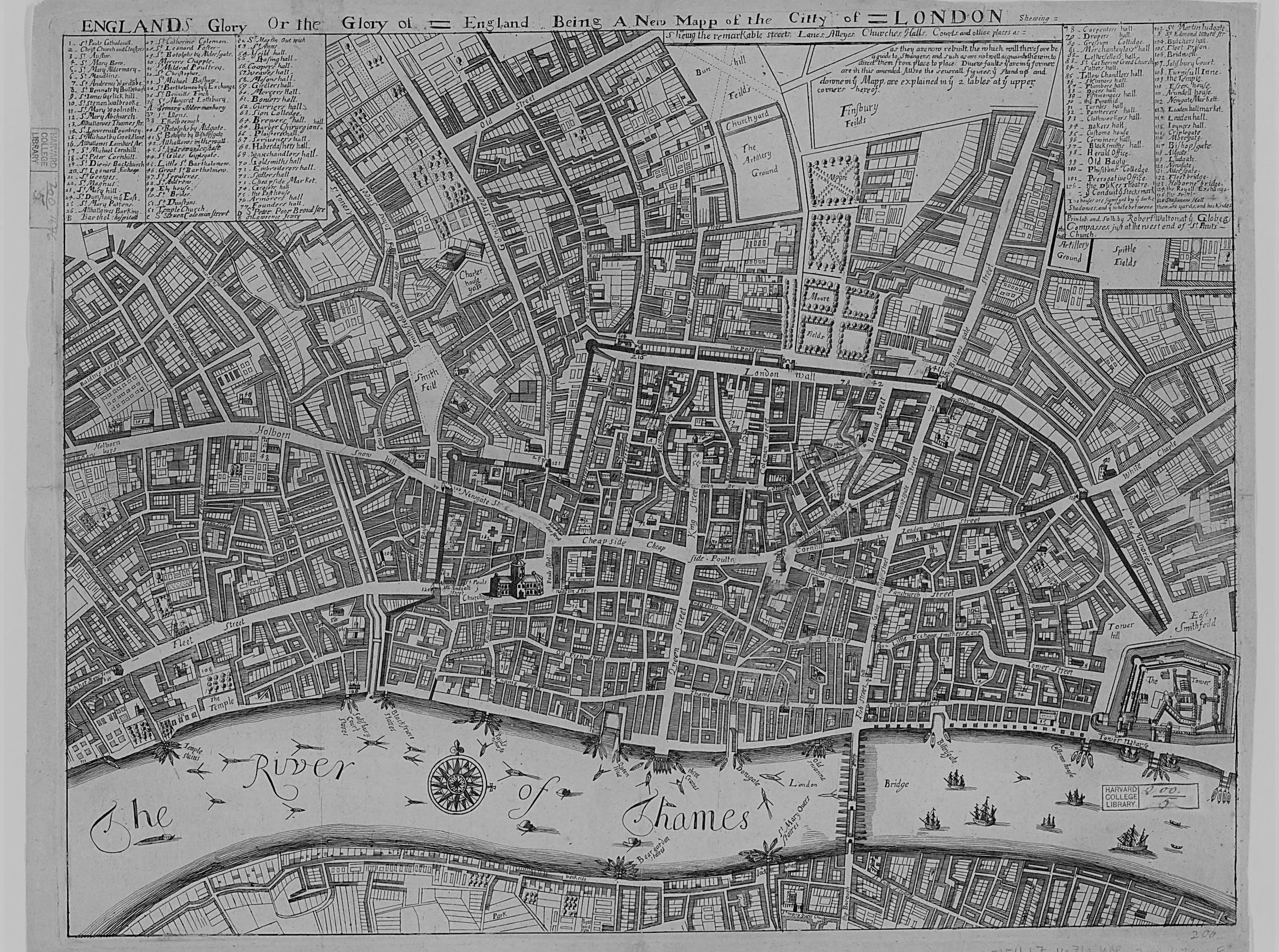
London's Sources for Slavery - December Workshop
London's Sources for Slavery: A one-day workshop bringing together archivists, librarians, curators and historians, exploring London's links to the Transatlantic Slave Trade.
Speakers | Simon Newman (Glasgow), William Pettigrew (Lancaster), Edmond Smith (Manchester), Nick Draper (UCL), Lila Chambers (Cambridge), James Dawkins (Nottingham), Montaz Marché (Birmingham), Rebecca Adusei (KCL), Jamie Gemmell (KCL), Victoria Lane (Lloyds), Argula Rublack (Senate House Libraries), Penelope Hines (Guys and Thomas Trust).
Venue | River Room, King's College London
To attend the workshop, please SIGN UP HERE.

Network Event: London’s Records of Slavery (RESCHEDULED!)
Online Event: This closed network connects academic researchers with archivists, librarians and curators across private and cultural sectors to explore work on institutional links with the historical slave trade.
September’s network event will feature a talks from Misha Ewan (Historic Royal Palaces) and Philippa Hellawell (The National Archives).
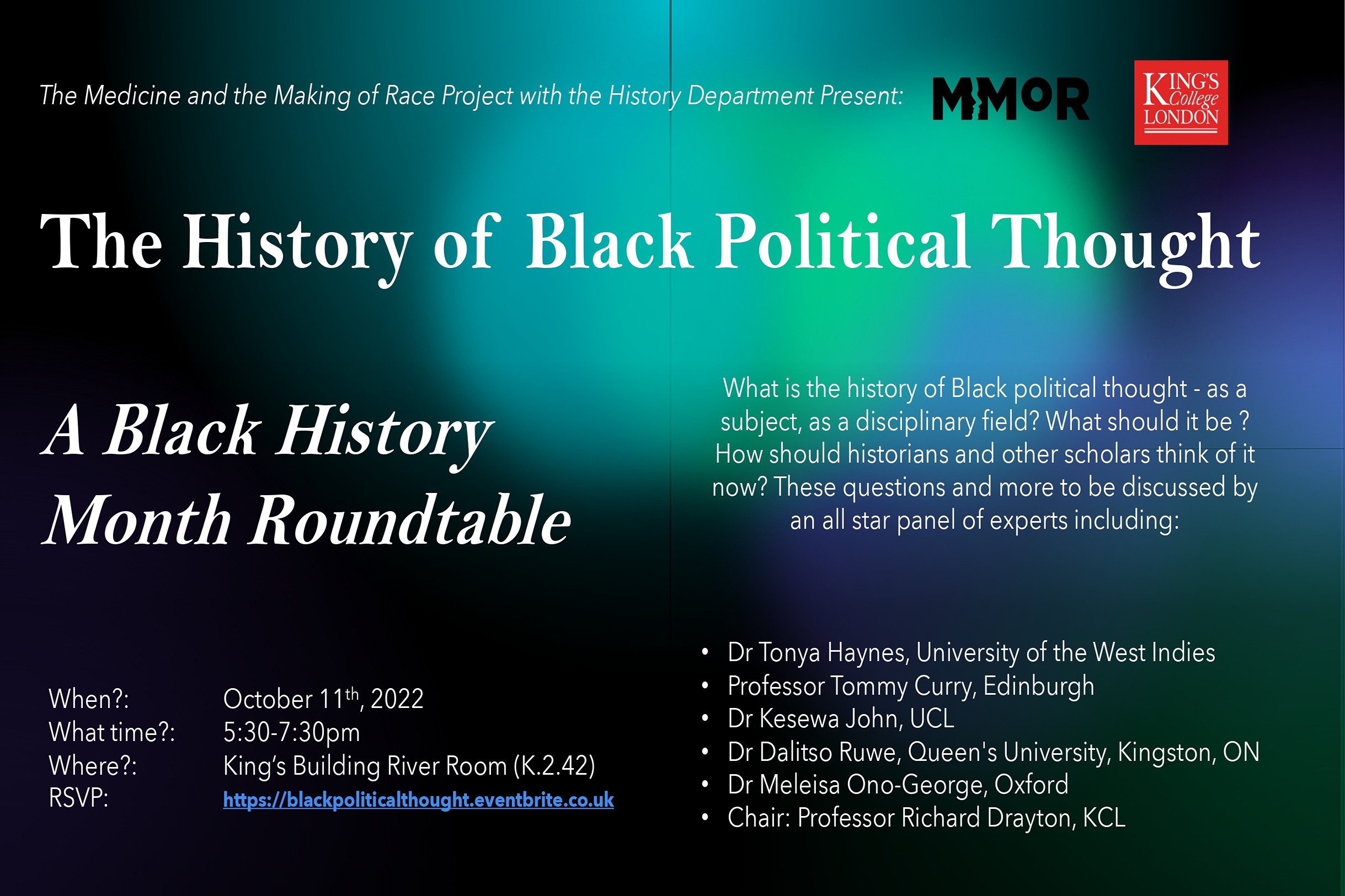
History of Black Political Thought: Public Roundtable for Black History Month
What is the history of Black political thought - as a subject, as a disciplinary field? What should it be ?
How should historians and other scholars think of it now?
These questions and more to be discussed by an all star panel of experts including:
• Dr Tonya Haynes, University of the West Indies
• Professor Tommy Curry, Edinburgh
• Dr Kesewa John, UCL
• Dr Dalitso Ruwe, Queen's University, Kingston, ON
• Dr Meleisa Ono-George, Oxford
• Chair: Professor Richard Drayton, KCL

Network Event: London’s Records of Slavery
Online Event: This closed network connects academic researchers with archivists, librarians and curators across private and cultural sectors to explore work on institutional links with the historical slave trade.
September’s network event will feature a talks from Misha Ewan (Historic Royal Palaces) and Philippa Hellawell (The National Archives).

Network Event: London’s Records of Slavery
Online Event: This closed network connects academic researchers with archivists, librarians and curators across private and cultural sectors to explore work on institutional links with the historical slave trade.
July’s network event will feature a talk from Hunter Harris, who will discuss his work on the History of Slavery in the City of London project.
Image: "Medical Patients in Sierra Leone, 1791"
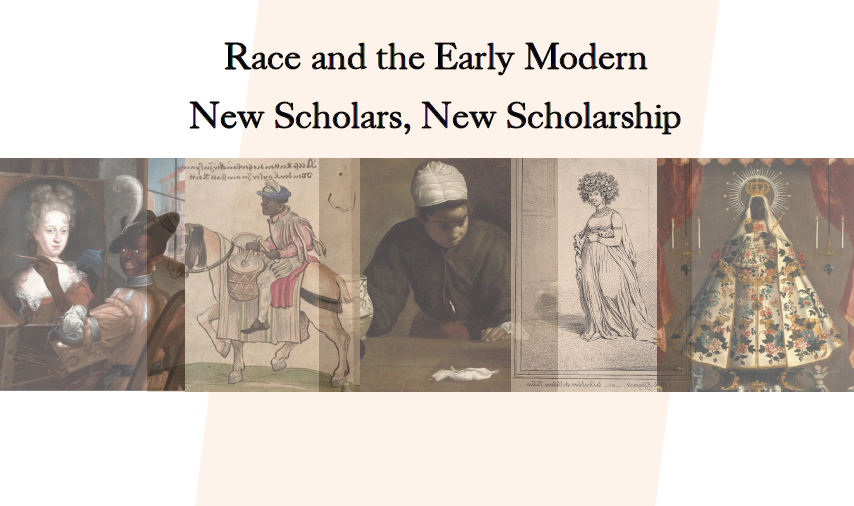
Conference - Race and the Early Modern: New Scholars, New Scholarship
A one-day conference featuring new work by early career scholars. Hosted by Medicine and the Making of Race & the Centre for Early Modern Studies.
Taking place in the Anatomy Museum at King's College London's Strand Campus.
Register here to attend the event in person (limited capacity), or register here to watch the online stream
Keynotes from Nicholas R. Jones and Surekha Davies, and papers from:
Ana Howie (University of Cambridge)
Andrew Kettler (Kenyon College)
Arianna Ray (Northwestern University)
Ato Quirin Schweizer (Universität Duisburg-Essen)
Dessalegn Bizuneh Ayele (University of Gondar)
Eli Cumings (University of Cambridge)
Hassana Moosa (King’s College London)
Hayley Negrin (University of Illinois)
Miguel A Valerio (Washington University in St. Louis)
Mira Assaf Kafantaris (Butler University)
Rebecca Teresi (Johns Hopkins)
Rodrigo Toromoreno (Universidad San Francisco de Quito)

"Reckoning with Slavery": A Public Symposium with Jennifer Morgan
We are excited to be joined by Jennifer Morgan, Professor of History in the department of Social and Cultural Analysis at New York University, for a public symposium discussing her book "Reckoning with Slavery: Gender, Kinship and Capital in the Early Black Atlantic". Jennifer will be joined by Professors of Early Modern History Zoltan Biedermann (UCL) and Laura Gowing (KCL).
The talk will take place in Bush House Lecture Theatre 1, Strand Campus, will last approximately 1 hour, and will be accompanied by a drinks reception.
We aim to begin the talk at 5pm, so please arrive beforehand in time to take your seats. The talk will take place in Bush House Lecture Theatre 1, Strand Campus. Please enter via the Aldwych/North entrance to Bush House. Here you will need to sign in as a visitor at the reception desk (if external to KCL), before proceeding through security. Lecture Theatre 1 will then be directly opposite you. It may take some time to get everyone signed in, so please do arrive early if you can.
This event is being held with the Institute of Historical Research, and hosted by Medicine and the Making of Race and the Centre for Early Modern Studies at King’s.

Network Event: London’s Records of Slavery
Online Event: This closed network connects academic researchers with archivists, librarians and curators across private and cultural sectors to explore work on institutional links with the historical slave trade.
May’s network event featured talks from within the network. Michael Bennett and Liberty Patterson will present on the Bank of England Slavery Exhibition and the research underpinning it. Brad Scott, who is currently undertaking a collaborative PhD between QMUL and the Natural History Museum, will speak about his work on "Decolonizing the Sloane Herbarium".
Image: "Medical Patients in Sierra Leone, 1791"

Network Event: London’s Records of Slavery
Online Event: This closed network connects academic researchers with archivists, librarians and curators across private and cultural sectors to explore work on institutional links with the historical slave trade.
March’s network event featured talks from guest speakers Errol Francis of Culture&, and coach and consultant Des Christophi. The group discussed challenges associated with inclusivity and messaging, and communications.
Image: "Medical Patients in Sierra Leone, 1791"
